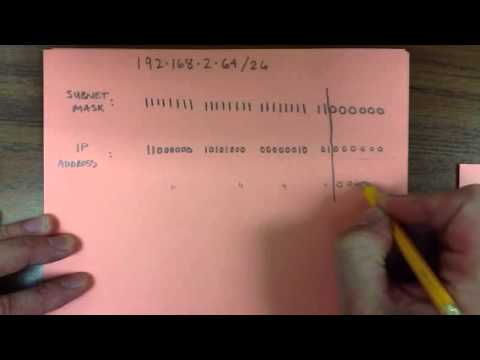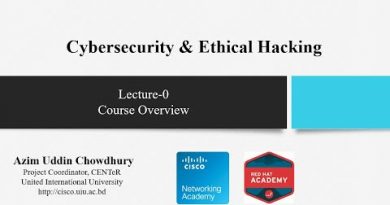Subnetting Made Simple
Here is a method that simplifies the process of subnetting. Hopefully it will help you understand what’s really happening when networks are divided up and why subnet masks are important.
For some background information on binary counting and conversion, check out these videos:
How to Count in Binary: https://youtu.be/pDkeQYcefn8
Converting an IP Address to Binary—it’s EASY: https://youtu.be/LCgXbEM1VFI
ipv4




Thank you
💌
10 years later and still extremely helpful
bro that quality is not that good but the content is awesome thankss
Thank you so much Sir God bless you
Great video. I like to add that lowest address that he wrote as network address is also called the subnet address.
You just go by , life is simple, dont complicate it, appreciate it man.
I've come here to say the same thing as many others. Thank you! I have watched so many videos. I have read so many books and I only found myself getting more and more confused and irate. I stumbled across your video when I wasn't even looking for it and I watched it and BOOM! It clicked immediately. Seriously mate, thank you.
Best explanation. Not even a trained cisco certifier can explain this so easily. God bless!
2 years of learning subnetting and i knew nothing but after this video I understand all of it.
Great video thanks
i fcking love this guy
🎉🎉🎉🎉
I won't say you went in depth but wow, with this video I can go back to my lecture and actually piece together everything, your video was the catalyst I needed.
Quick and easy! thank you for the refresher.
This is not the full picture, since this example is with CIDR.
what if the subnet mask is say 255. 255. 234. 2
How would you do it then ?
I have my midterm tomorrow. This helps a lot.
Thank you very much for this video. it helped me to better understand the concept of subnetting, and it opened up a new perspective on answering subnetting based questions.
Hi, How did you get 65 in hosts?
thank youuuuuu 🎉